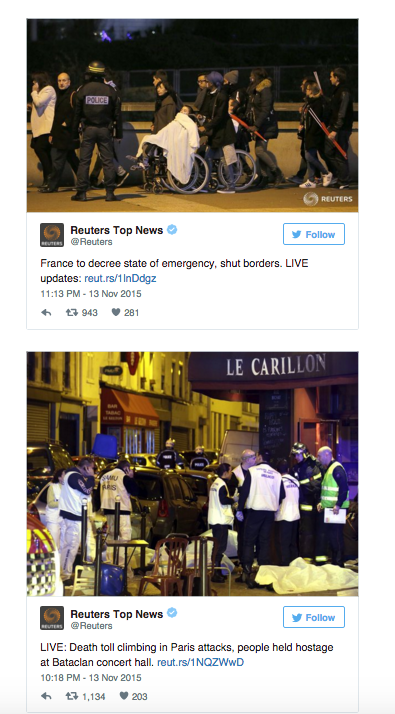I think that this class has reinforced in me the idea that the Internet truly has changed the world. Before taking this class I knew this fact, but I did not realize the degree to which it was true, or all of the intricacies that exist in the digital world that we now all live in.
We now exist in a digital society. Everyone’s thoughts, information, documents, even friends, are all online. With this, people’s lives are often on view for the world to see. This opens a whole argument concerning privacy and copyright. Who has access to what you put online? I think that as we continue to share more of our lives on the Internet, people should be focusing more on privacy and making sure that other people, as well as their own governments, don’t have the ability to monitor them.
I think that convergence of many different forms of media shows the wide reach that the Internet has. People share things on Facebook, Instagram, Twitter, Facebook and many more platforms. The multitude of platforms has made the Internet marketable for news organizations as well, and most people now get at least part of their news from some form of online media.
The fact that all the themes we’ve discussed over the past few weeks are connected is proof that the Internet reaches into each part of our lives, and there are many issues that come with this. It is up to our generation to figure out how to effectively regulate and use the Internet to our advantage, while maintaining a freedom and privacy that is necessary in a democratic society.
 If HBO were to be made more available by having a creative commons license, there would be many advantages and disadvantages. Obviously more people would have access to the content, thus spreading HBO’s brand.
If HBO were to be made more available by having a creative commons license, there would be many advantages and disadvantages. Obviously more people would have access to the content, thus spreading HBO’s brand. Often, when applying for internships and jobs, they want to see if you have a social media presence. Because of this, I set some of my social media platforms to public so that anyone can see them. I have decided that when it comes to Twitter and Instagram, anyone is allowed access to all of my posts. I think that this is because on Twitter I use it much more professionally, for news and sports, so I think it would be helpful to those interested in my journalism. Instagram provides a look into my life while still managing to be appropriate and mature. I decided to set my Facebook to private due to the fact that what is shown on my wall is much more out of my control. People can tag me in posts and share things with me that I don’t necessarily agree with.
Often, when applying for internships and jobs, they want to see if you have a social media presence. Because of this, I set some of my social media platforms to public so that anyone can see them. I have decided that when it comes to Twitter and Instagram, anyone is allowed access to all of my posts. I think that this is because on Twitter I use it much more professionally, for news and sports, so I think it would be helpful to those interested in my journalism. Instagram provides a look into my life while still managing to be appropriate and mature. I decided to set my Facebook to private due to the fact that what is shown on my wall is much more out of my control. People can tag me in posts and share things with me that I don’t necessarily agree with.
